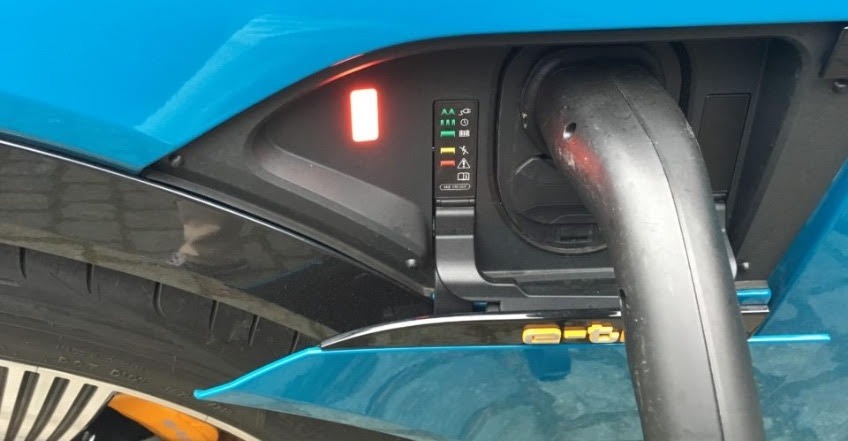90% of newly sold cars should be electric by 2030, according to energy specialist Damien Ernst.
This is possible because the price of batteries will drop in the years to come. However, in Belgium, the grid is not ready for widespread fast charging at home yet.
In theory, gas-fired power stations can offer the necessary power, but the distribution network must be able to support all these electric cars as well. If too many vehicles charge on the 400-volt grid, it might lead to a blackout on the local low-voltage network.
“It is mandatory to integrate electric cars into the distribution network. Depending on the location, we have to make sure that cars recharge at the right time. In some rural areas, all cars cannot be charged at the same time and intelligent solutions will be necessary. Areas where the power grid is not strong enough for fast charging stations are not yet mapped and network adaptations will be necessary,” Ernst, energy specialist at the University of Liège said.
Modifications at home
Customers with a faster home charger (10 to 20 kWh) must ask for a connection upgrade from their network operator, which usually requires a study at the cost of the applicant. The upgrade is possible on the condition that not too many aspiring EV drivers ask an upgrade in the same area.
The upgrade also requires a new connection (heavier cable, a new meter, new switchboard) and a corresponding inspection of the entire electrical home installation, which often costs several thousands of euros, on top of the wall box itself.
"It is clear that for over 500,000 electric vehicles without intelligent charging technologies, network adaptations will be necessary," Ernst added.
1 million electric cars
"We estimate that 1 million electric vehicles will result in an extra consumption of 3,6 TWh/year, or 3 to 4% of Belgium's total consumption. This increase in consumption is acceptable, from the point of view of energy, with perhaps even a beneficial effect on the balance of the networks, via vehicle batteries," said Bérénice Crabs, spokesperson for Synergrid (federation of network management).
"However, different charging modes (slow, at the office or quickly, along the road) have a different impact on the power grid. If everyone charges at the same time we are facing network problems."
The Brussels Times/Belga

